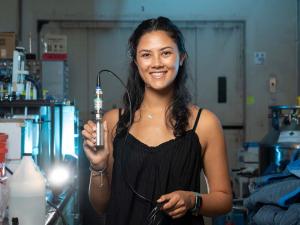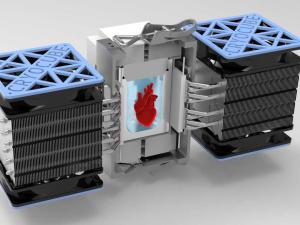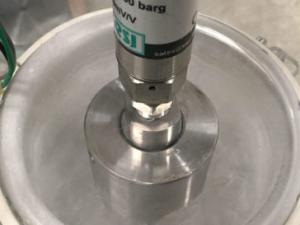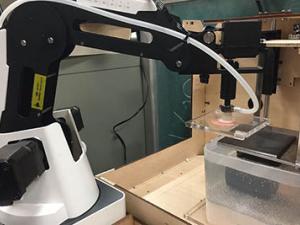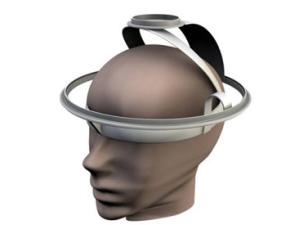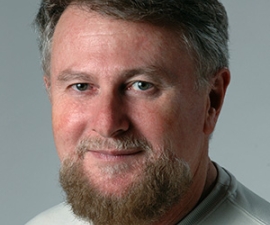

Research Bio
Rubinsky's special research interests include: heat and mass transfer in biomedical engineering and biotechnology in particular low temperature biology, bio-electronics and biomedical devices in particular micro and nano bionic technologies and electroporation, medical imaging in particular electrical impedance tomography and light imaging, biomedical numerical analysis in particular genetic and evolutionary algorithms and fractal techniques.
Research Expertise and Interest
medical imaging, biotechnology, biomedical engineering, low temperature biology, micro and nano bionic technologies, electrical impedance tomography, bio-electronics, biomedical devices biomedical numerical analysis, bio-heat and mass transfer, electroporation light imaging
In the News
Study of Aqueous Salt Solutions Deepens Our Understanding of Icy Planets’ Oceans
Cold-hearted science: Supercooling technique advances preservation of human tissue
UC Berkeley accelerates bio-preservation research as part of $26M NSF center
New device paves the way to 3D-printed organs, food
Wireless signals could transform brain trauma diagnostics
New technology developed at the University of California, Berkeley, is using wireless signals to provide real-time, non-invasive diagnoses of brain swelling or bleeding.

